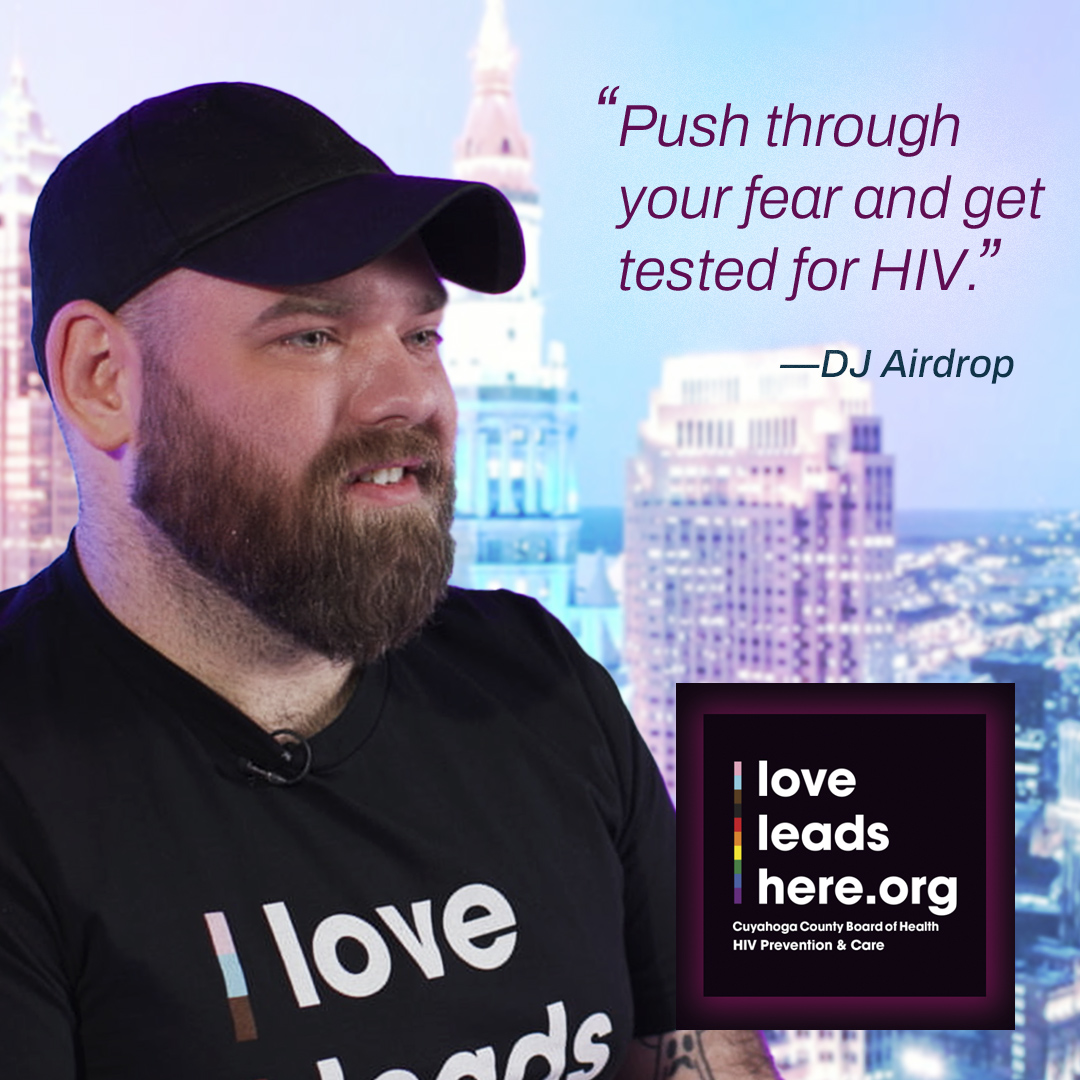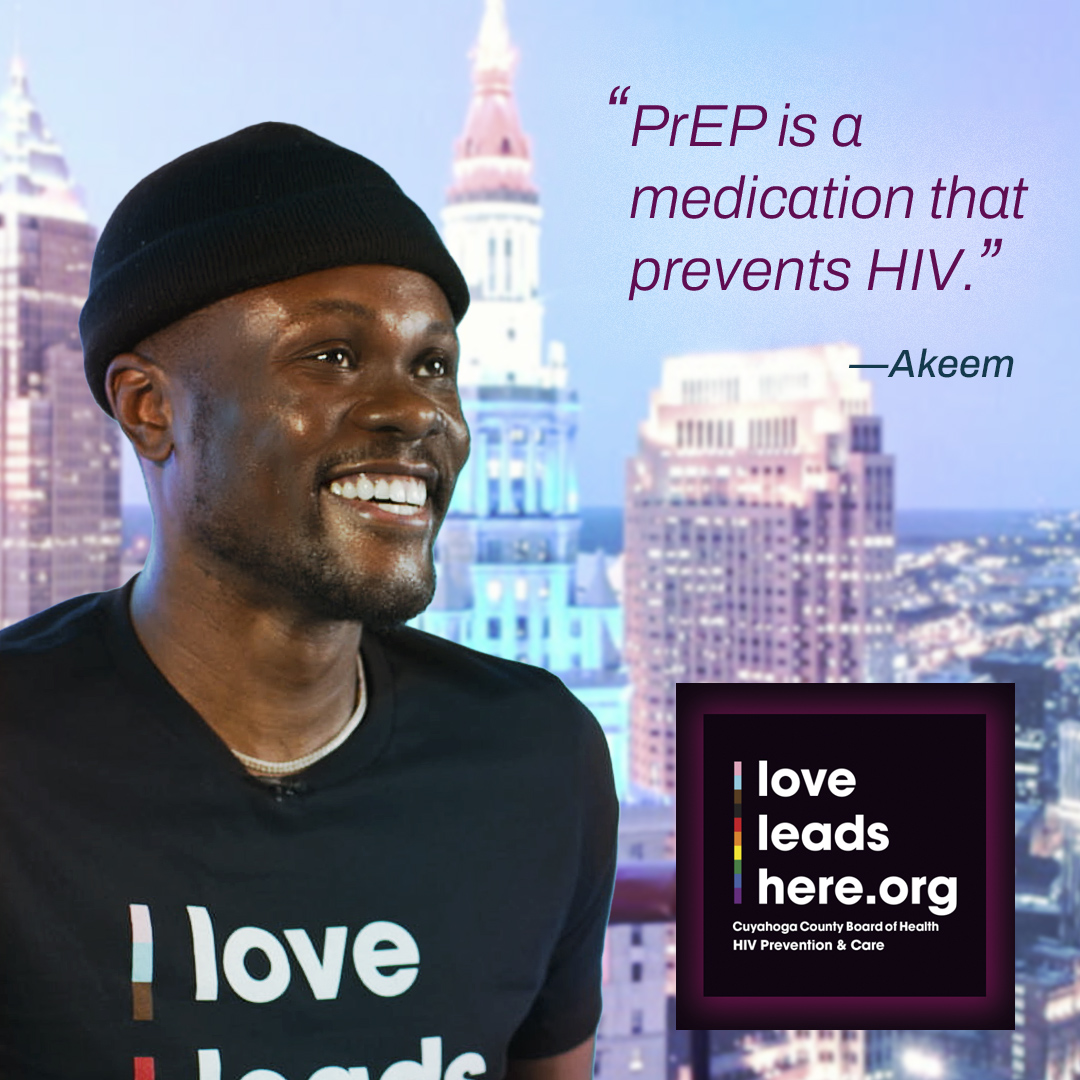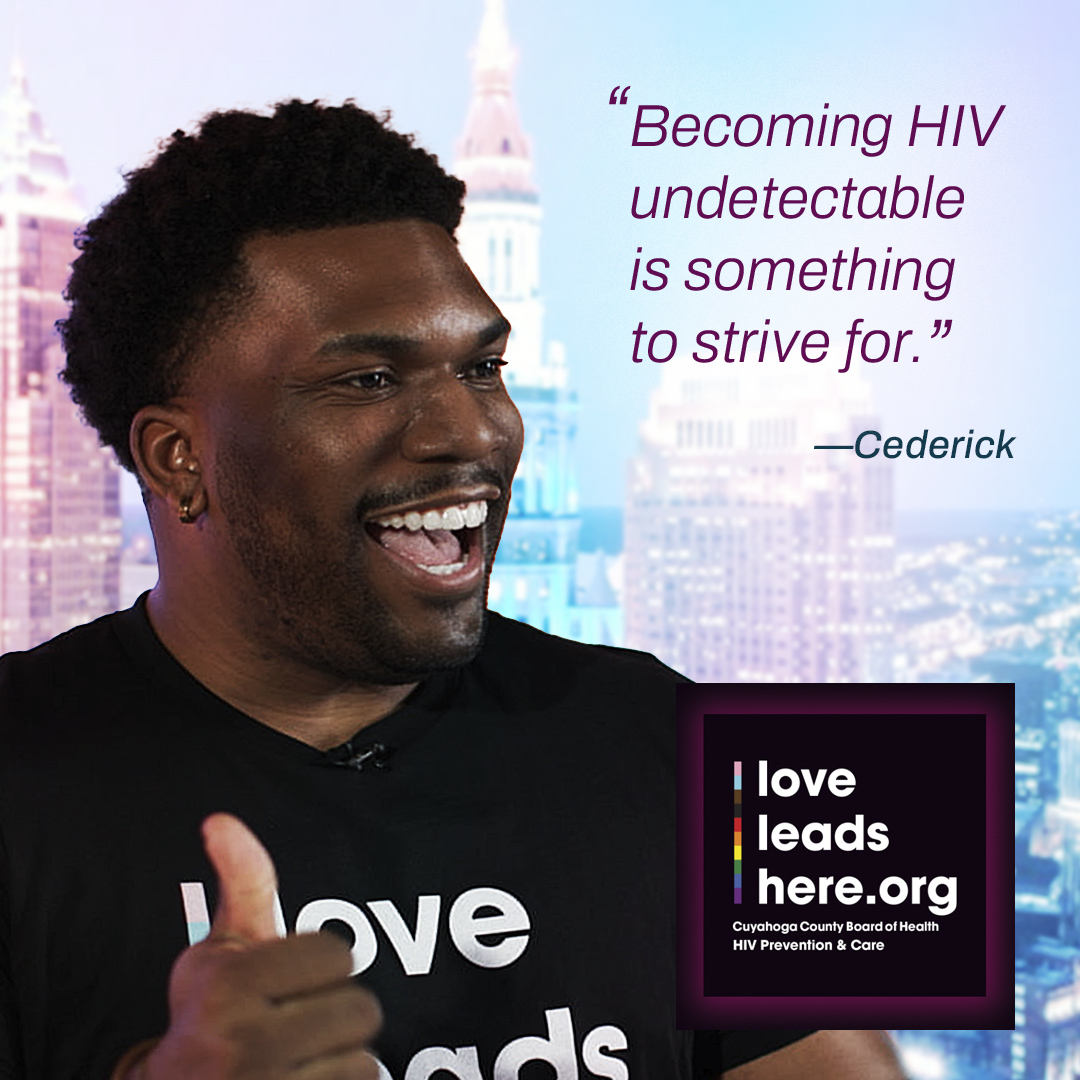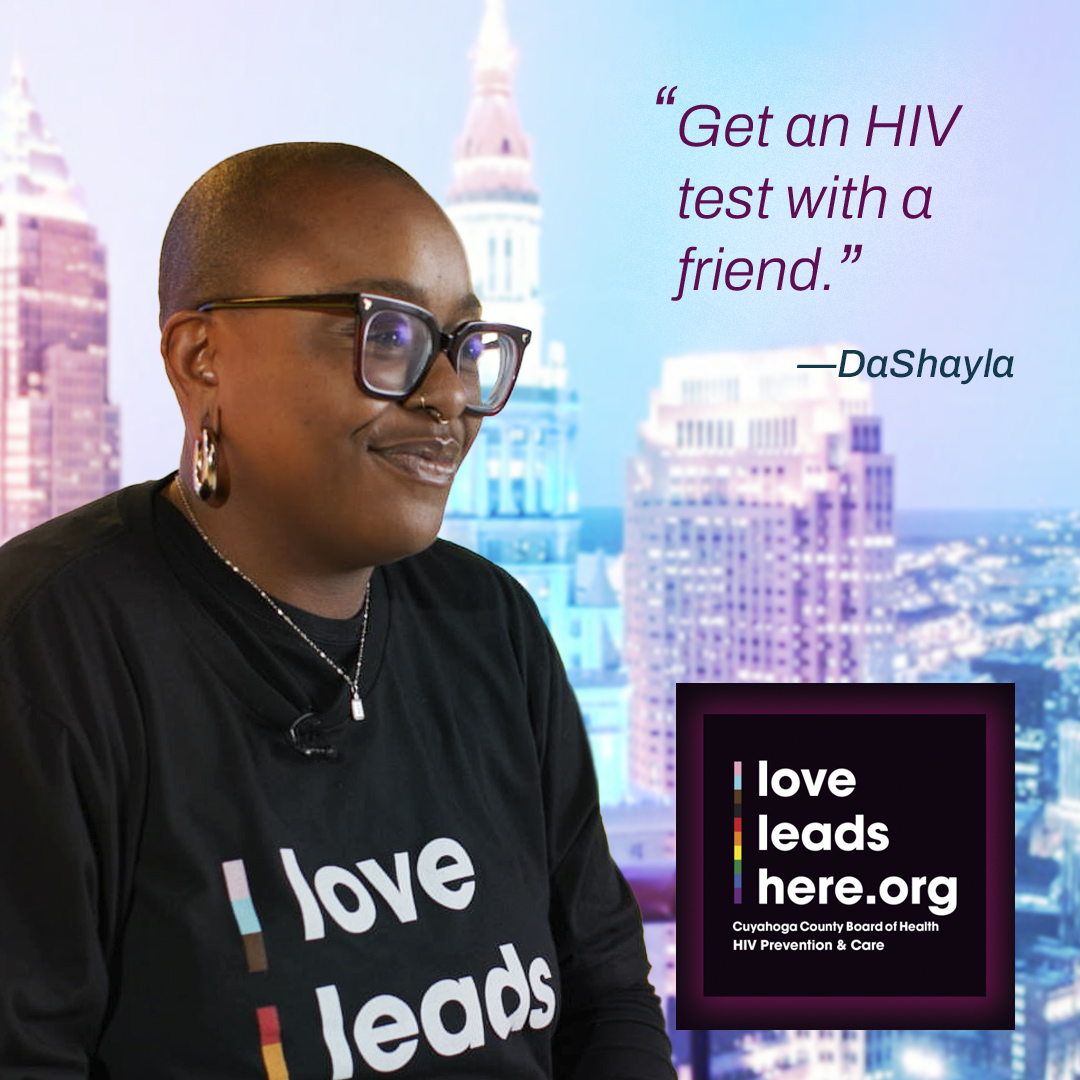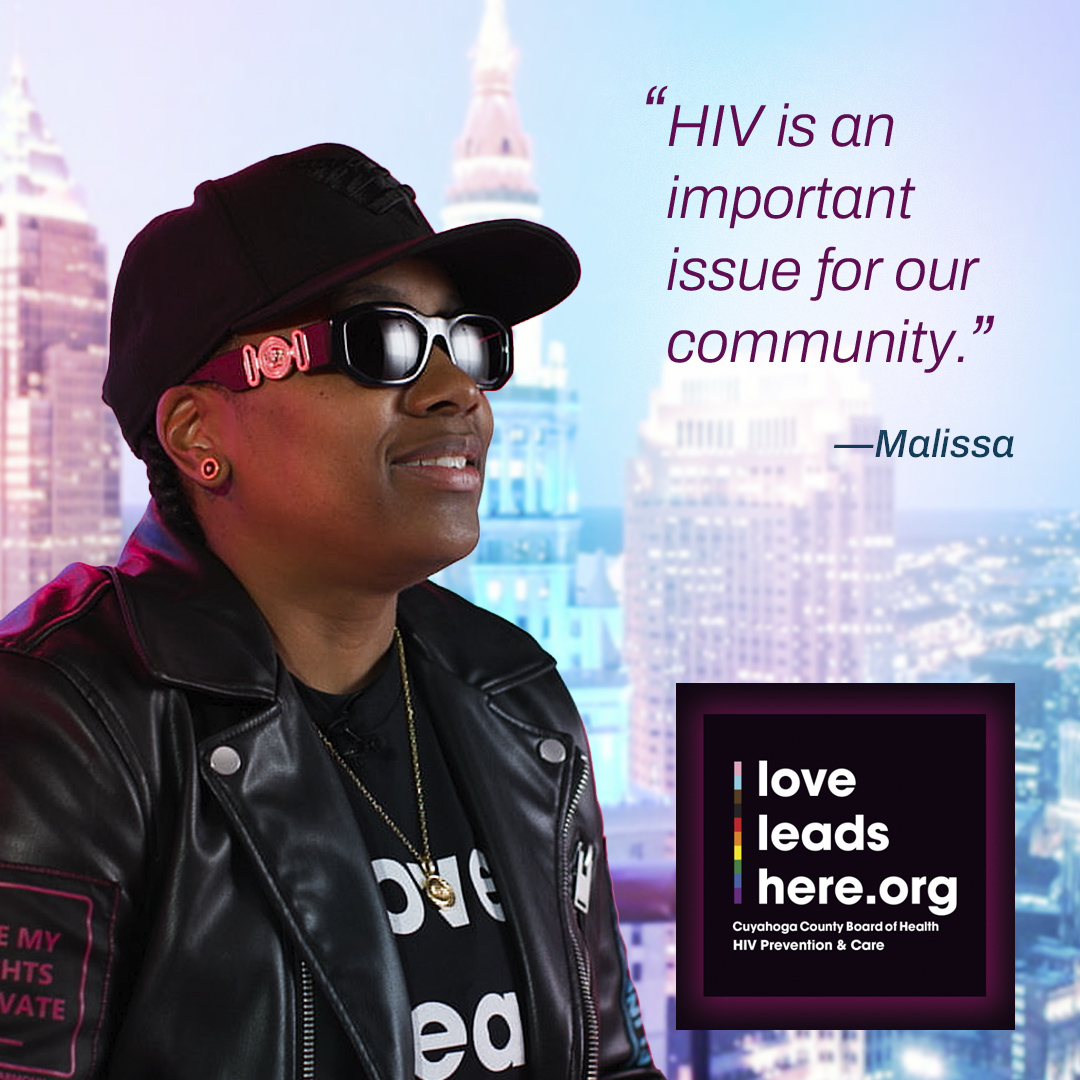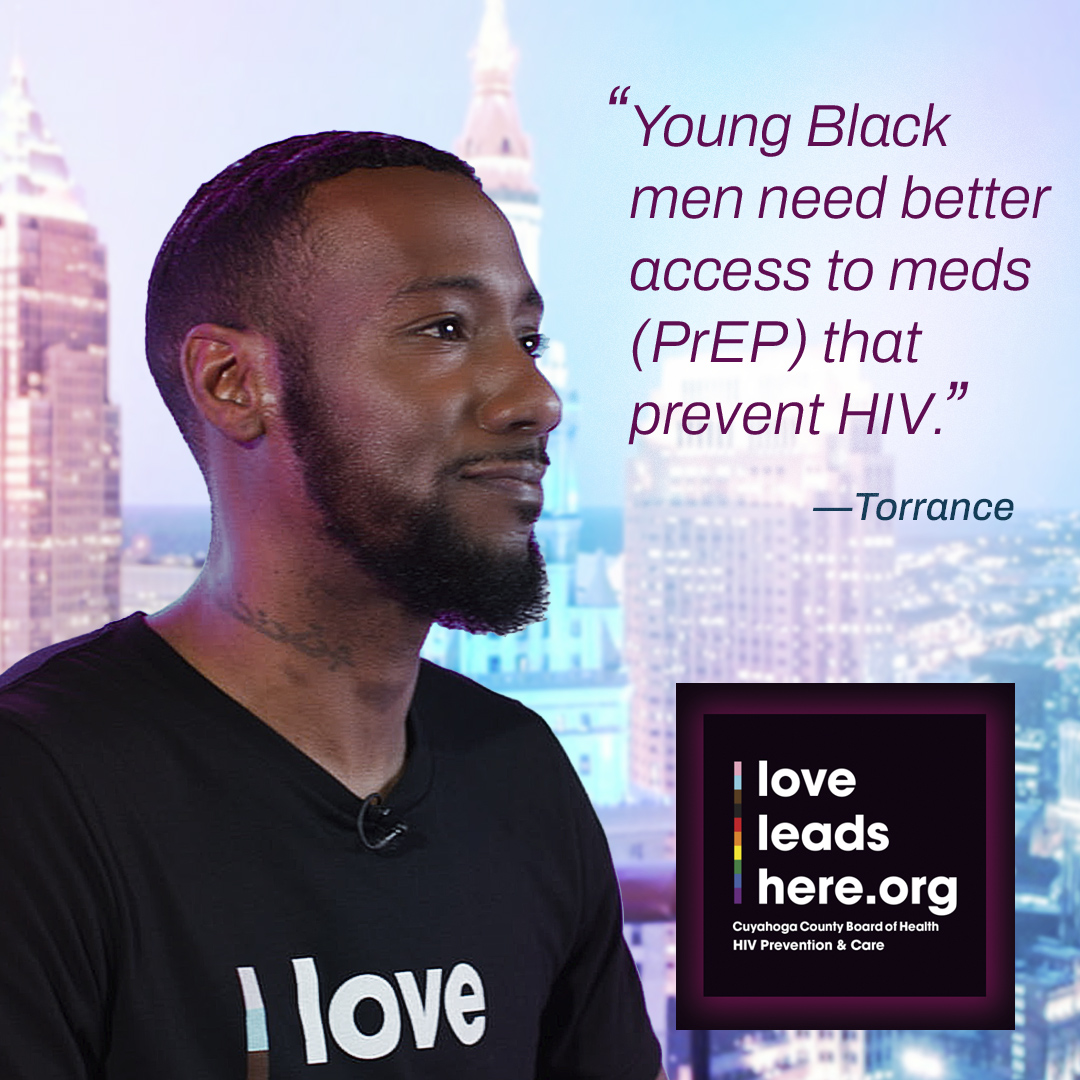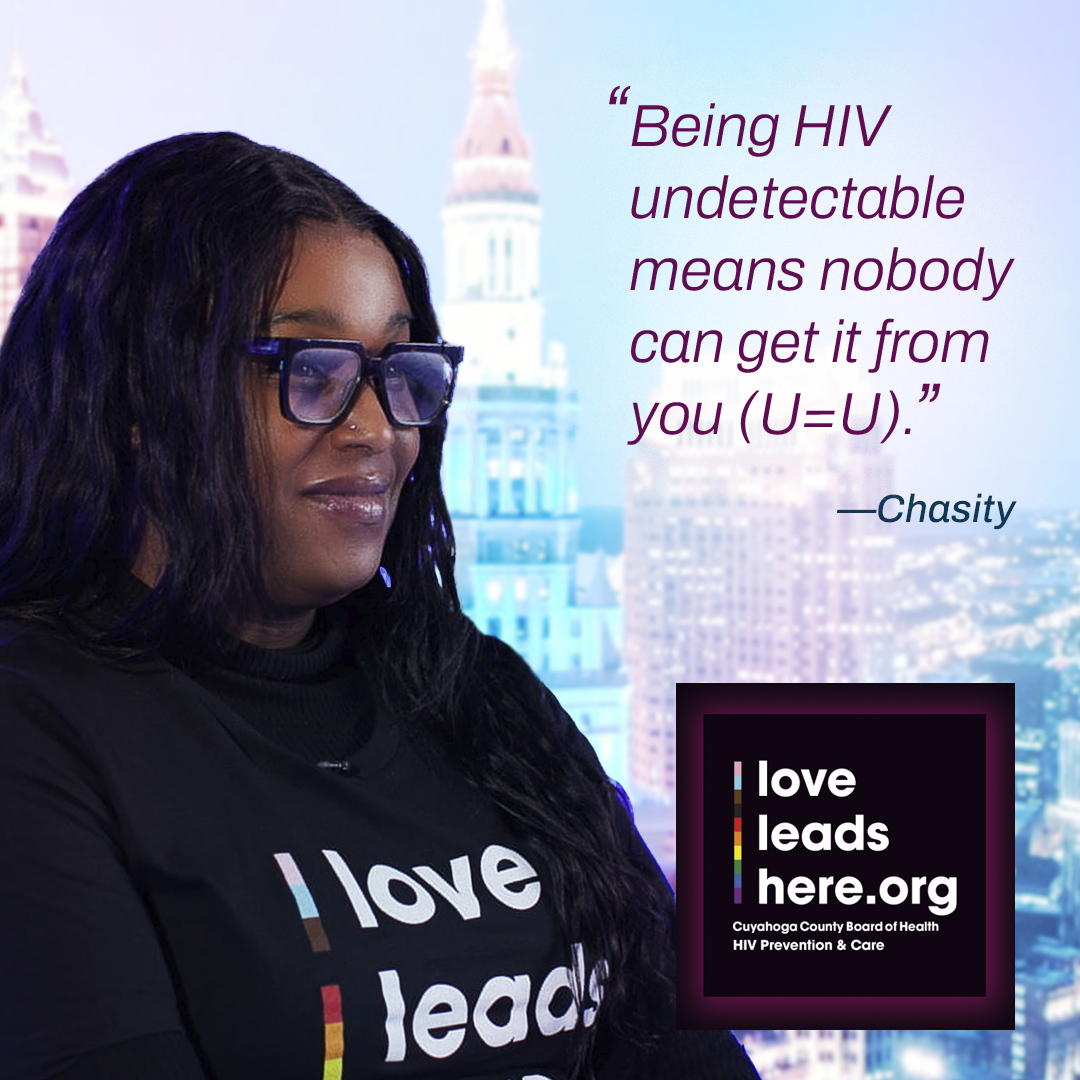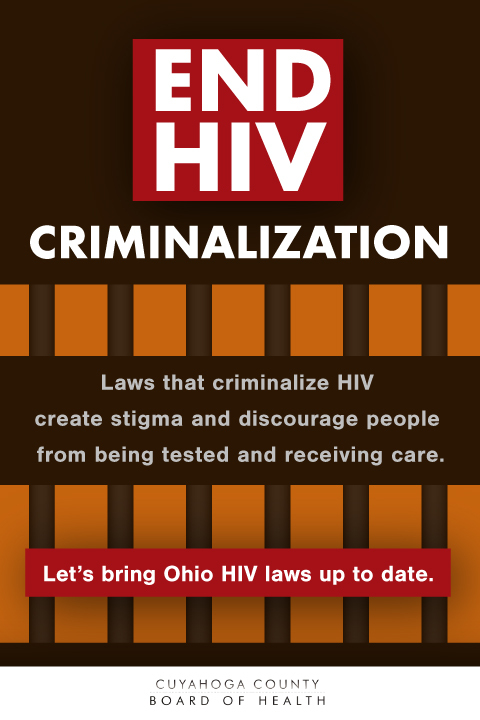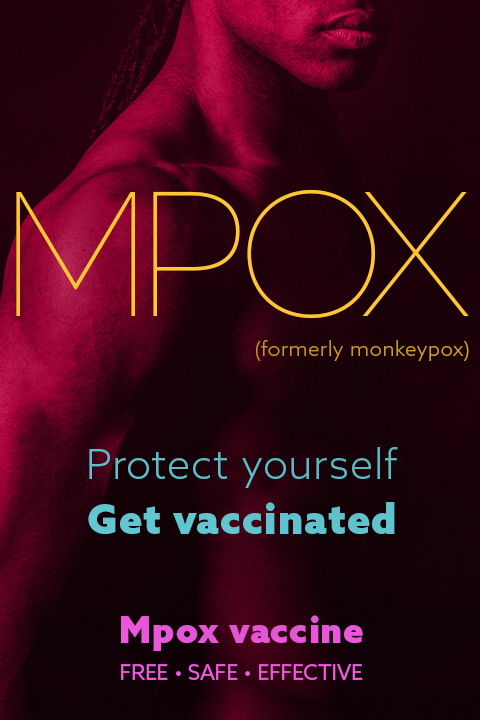Testing
Testing is the first step in both preventing and treating sexually transmitted infections (STIs)
Why is testing for HIV so important?
Knowing your HIV status is essential for protecting yourself, your partners, and your community. It plays a crucial role in stopping the spread of HIV.
Is testing free?
There are testing options that are free or covered by health insurance. Ask your doctor or a community-based agency listed below. You can also request a free HIV home test by mail or purchase one at the drugstore.
How often should I get tested for HIV?
Everyone aged 13 to 64 should get tested at least once.
Individuals with specific risk factors should test annually, and those who engage in unprotected sex should get tested more often.
What should I do if I test positive for HIV?
Go to a healthcare provider. Treatments are available that can suppress the virus and maintain your health.
PrEP
What is PrEP?
PrEP (Pre-Exposure Prophylaxis) is a medicine that provides up to 99% protection from HIV. These antiviral drugs are called Truvada and Descovy (pills) and Apretude (injection).
Can anyone take PrEP?
PrEP is for HIV negative people at risk for HIV through sex or intravenous drug use.
Ask your health care provider if PrEP is right for you.
Is PrEP safe?
PrEP is a safe and highly effective HIV prevention option. Some people get headaches or nausea which may last a few days or weeks.
How can I afford PrEP, and where can I get it?
PrEP is covered by Medicaid and most private insurance plans. If you don’t have health insurance look for other special PrEP assistance programs that may cover the cost.
Will PrEP protect me from other STIs?
No. PrEP only protects you from HIV. Using PrEP and condoms provides protection from HIV and most sexually transmitted infections.
How often do I need to take PrEP?
You take a PrEP pill once a day or get an injection every two months.
What is On Demand PrEP or 2-1-1 PrEP?
2-1-1 means taking 2 pills from 2-24 hours before sex, 1 pill 24 hours after the first two, and another pill 24 hours later. This way of using PrEP has only been proven for tops/penis insertive and bottoms/anal receptive. This may not work for a vaginal receptive partner.
How do I know if someone I’m hooking up with is using PrEP?
Talking with your partners honestly is the only way. Use PrEP and/or condoms and you will be protected.
U=U
What does U=U mean?
U=U stands for “Undetectable (viral load) equals Untransmittable.” If a person living with HIV takes their medication and becomes undetectable, there is no risk of transmitting the virus through sex.
How long does it take for HIV medication to make my viral load undetectable?
Most people will reach an undetectable viral load within 3 to 6 months. A person is considered undetectable when all viral load tests are undetectable for at least six months following the first undetectable result.
What happens if I miss a dose of my HIV medication?
Missing doses can lead to an increased viral load, compromising your health and raising the risk of HIV transmission. Consistent adherence to medication is crucial for maintaining an undetectable status.
How does U=U reduce HIV stigma?
U=U empowers people living with HIV by showing that with treatment, they can lead healthy lives without fear of transmitting the virus. This understanding encourages individuals to engage in treatment and fosters a more supportive environment.
How do I know if someone I’m hooking up with is undetectable?
The only way to know is if they tell you. That’s why you should use PrEP and/or condoms to protect yourself, until you are sure they really are undetectable.
Syphilis
What is syphilis?
Most sexually transmitted diseases are caused by a virus (HIV, herpes, HPV) or a bacterium (gonorrhea, chlamydia). Syphilis is a bacterial infection.
How is it spread?
Syphilis is spread during anal, vaginal or oral sex.
It can also be passed to babies during pregnancy, childbirth, or breastfeeding.
How can I protect myself?
The only way to be 100% safe is not to have sex. You can also make sure your partner has been tested for syphilis.
Condoms help reduce risk, but they do not stop all transmission.
What are the symptoms?
Syphilis develops in stages. The first stage is a sore on the genitals, rectum, or mouth. After the sore goes away you get a rash, usually on your hands and feet.
If you ignore these symptoms, syphilis stays in your body and starts to infect your brain, nerves, eyes and heart.
Can syphilis be treated and cured?
Yes! Syphilis is easy to get rid of. Antibiotics like penicillin will cure you from syphilis. If you have any symptoms, get tested. Some people may not notice the symptoms, so if you are having sex with multiple people, it’s a good idea to get tested every 3-6 months.
Stigma
Why do we need to end HIV stigma?
When people with a health issue are stigmatized, they feel they must hide this information. Driving people “underground” makes life harder for them and makes it more difficult to control the epidemic. Stigma makes people less likely to get tested and treated for HIV.
Why do we need to end PrEP stigma?
People who use PrEP to protect themselves from HIV are sometimes called promiscuous or slutty. This discourages people from using the medication, but the more people use PrEP the faster we can end the epidemic.











